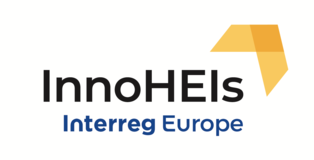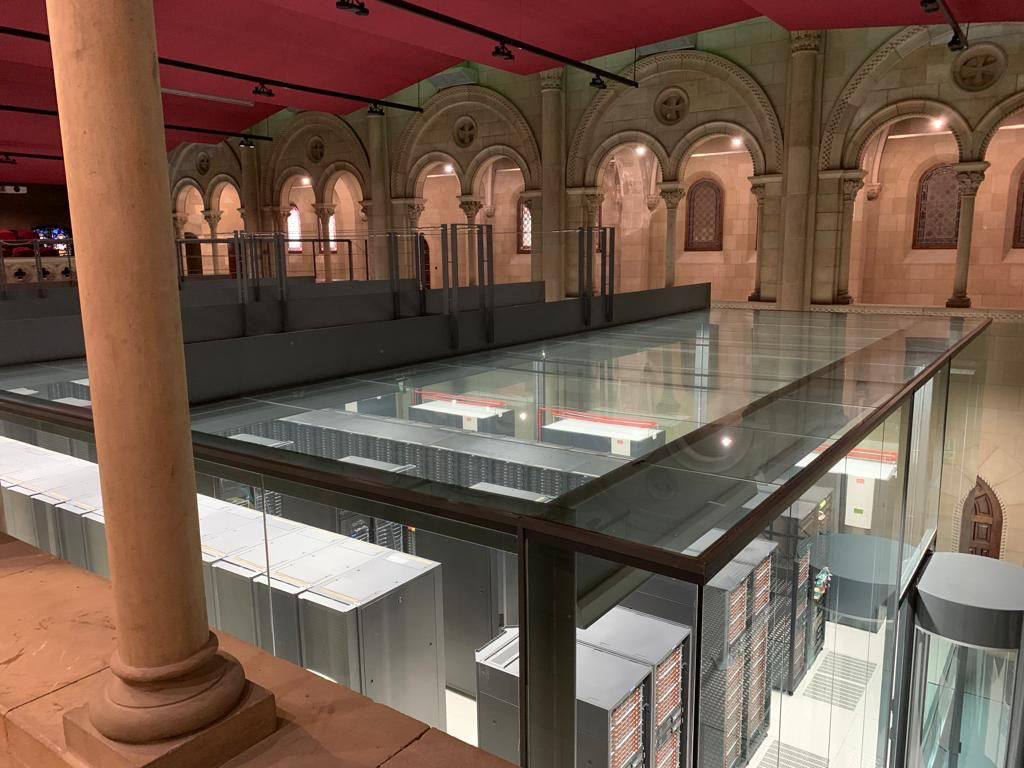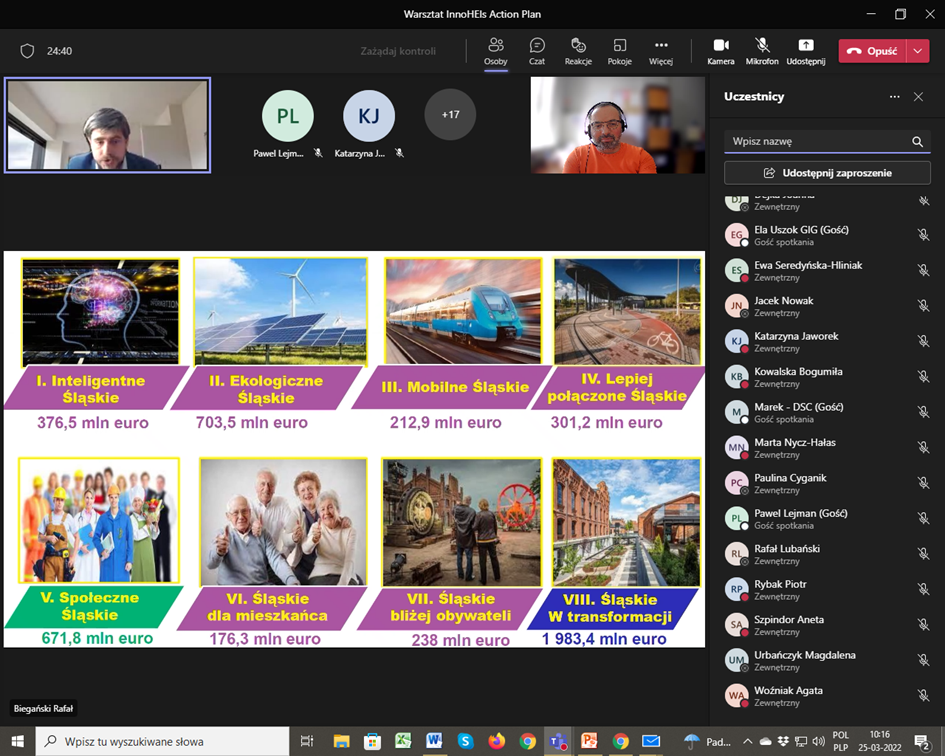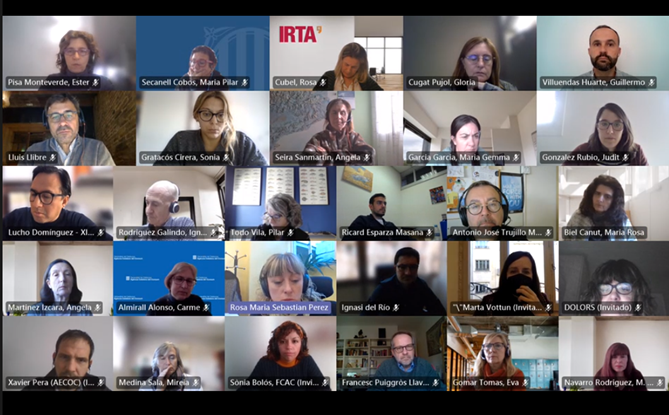The InnoHEIs aimed at improving regional policies to enlarge the role of higher education institutions (HEIs) and their research and innovation infrastructure. The partners collaborated for 4 years identifying the best practices in partner regions how to foster entrepreneurship and creativity, enable the entrepreneurship discovery process and enhance collaborations in the regions.
The InnoHEIs has encouraged better use of the research and innovation infrastructures (RII) of HEIs more efficiently
The project has inspired all the Quadruple Helix partners in the Tampere Region, Finland, to strengthen their collaboration in terms of more effective and efficient utilization of RIIs, in the manufacturing innovation ecosystem which was selected as the key target industry sector in our region. The project has contributed to enhancing the dialogue between stakeholders as regards the allocation of ERDF funding. In addition, the extensive mapping of all stakeholders and well as experiences in producing and utilizing virtualization tools to extend the benefit of RIIs beyond borders will be further elaborated and exploited. Based on the transnational exchange of experiences between the partners, several sustainable initiatives such as the SIXLabs have been created, hence carrying on the project outcomes and learnings also after the closure of the InnoHEIs project.
The National Pact for the Knowledge Society (PNSC), promoted by the Government of Catalonia and covering the period 2020-2030, is the overarching framework under which activities in science, technology, knowledge, and innovation in Catalonia are developed, integrating various stakeholders in the region. The participation of the Autonomous University of Barcelona in the InnoHEIs has aimed to support the improvement of the PNSC through collaboration with the management authority to develop a monitoring model for initiatives implemented under the PNSC. The design of this model has been inspired by the experiences of partner institutions such as Ambition Research Development (ARD) - Next generation in Centre Val De Loire, France. The monitoring model will allow assessing the impact of the PNSC and contribute to its enhancement regarding future initiatives.
The exchange of knowledge within the InnoHEIS project community served as a reaffirmation for Lithuanian partners, that they are on the correct trajectory in terms of knowledge transfer and valorization. Moreover, it's worth noting that certain concepts and ideas turned out to be truly inspiring while shaping the financial measures spanning from 2021 to 2027. Lithuanian partners incorporated the successful practices observed in Central Catalonia into the formulation of mission-oriented science and innovation programs. This endeavor was made possible through the active engagement of all four actors of the Helix Model, which contributed significantly to the refinement of mission themes and the development of this instrument with the utmost focus on meeting the diverse needs of all stakeholders involved.
Thanks to the exchange of experiences participating in the InnoHEIs project, the Silesian Voivodeship (Poland) developed a course of actions under the strategic document "Regional Innovation Strategy of the Śląskie Voivodeship 2030" (RIS WSL 2030), Action "Strengthening research infrastructure for regional science-business partnership". Also, regional arrangements were made regarding the inclusion of the concept of the flagship project "Map of regional key research infrastructure" in the strategic document "Regional Innovation Strategy of the Śląskie Voivodeship 2030" being developed.
In the Centre-Val de Loire region (CVL), the role of universities in the ecosystem of research and innovation development was examined. The focus was on the aspects of valorisation, namely the support of deep-tech start-ups, from their maturation to their acceleration. Several regional organizations are involved in the three key phases of start-up growth (maturation, incubation, and acceleration). However, these structures do not systematically collaborate and there is a risk of "air gaps" in support for start-ups. To offset this risk, the CVL region has decided to set up a "Regional Incubation Network", bringing together all support structures and guaranteeing regional start-ups high-quality, consistent support throughout the region. Also, a map of players and their service offerings has been drawn up. Dev'up, the regional development agency has taken advantage of the experience of the Tampere region to propose ways of structuring the network. A map of players and their service offerings has been drawn up.
The InnoHEIs has served the needs of partners regions sharing and learning from the best practices identified in the regions and made significant impact implementing and developing new regional policies related to the research and innovation infrastructure and heigh education involvement into regional development.









